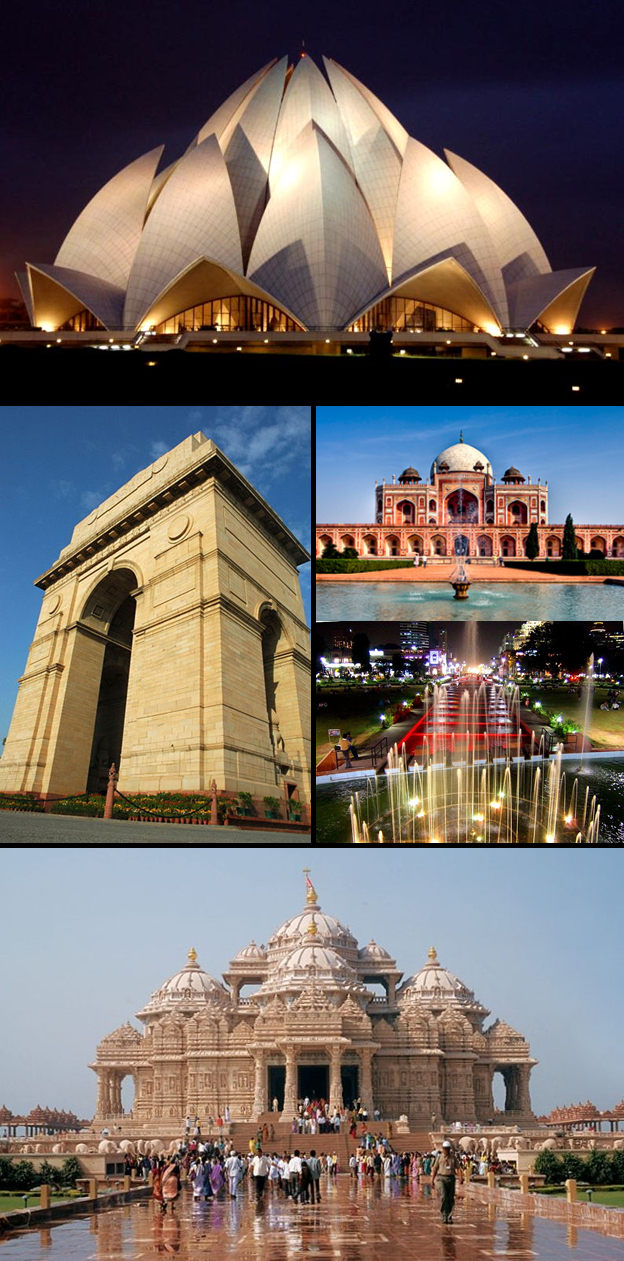Pray for my ability to stay engaged. The foreignness of it all will make me want to withdraw in order to cope. But I want to be bold and confident.
A friend of mine read that one and latched onto it, imagining how she'd likely need the same thing if she were going. Everyone comes back wrecked from India, right? So she said, "When you get back, I want to hear about the times when you stayed engaged even when you didn't want to." [I'm telling you, get yourself a friend like this.] Now I had a focus and a personal mission.
She's coming over for tea in a little bit to hear my stories of courage. This is what I'll tell her:
- I walked through Muslim streets as a foreign woman.
- I let the traffic happen all around me and just trusted its rhythm.
- I hopped into rickshaws and taxis without my guides.
- I didn't have a cell phone to call for help.
- I ate everything.
- I went without make up.
- I ran through a train.
- I touched the orphans.
- I walked on a foot that wanted me to stop.
- I took on more so my husband could rest.
- I prayed for a women who could have easily prayed for herself.
- I taught church planters what it means to be a good pastor, to be unified and to have joy.
- I navigated a different foreign city, Zurich, on my own.
- I refused to feel uncomfortable.


 When we arrived we had less than a day to acclimate before hopping on an overnight train to our first village destination. We were to teach church planters from the book of Philippians, Sunday morning, Sunday evening and three times on Monday. We had worked out a schedule. One of us would "share" for about 20 minutes each time and Dan and Chip would alternate the actual "preaches" for about 40 minutes. Not knowing if women would be there and not knowing the acceptance level of women who teach I was not prepared with more than two "shares."
When we arrived we had less than a day to acclimate before hopping on an overnight train to our first village destination. We were to teach church planters from the book of Philippians, Sunday morning, Sunday evening and three times on Monday. We had worked out a schedule. One of us would "share" for about 20 minutes each time and Dan and Chip would alternate the actual "preaches" for about 40 minutes. Not knowing if women would be there and not knowing the acceptance level of women who teach I was not prepared with more than two "shares."
Then our Western sequential planning encountered an Eastern culture. Fresh off our long flight and overnight train on the way to the village church Sunday morning, everything was changed. Five preaches and five shares turned into 5 shares [1 mine] and 10 preaches [3 mine] an hour and a half each over three days rather than two. By Tuesday afternoon we were exhausted. Spent. Run over.
 But I didn't shrink from the challenge. I love to teach. Of course, I love to be well prepared, to teach to an English speaking group, to make eye contact and nuance everything with body language, intonation, questions, pregnant pauses and purposeful movement. And truthfully I most often speak to women -- not church planters. Limitations being what they were, I didn't let fear be an additional one. I could have declined both the invitation and the challenge and not received the grace. I could have shoved everything to my pastor husband and feigned fear and trembling, but I trusted the God who had brought me there to do the work he wanted. And in the end what was running over was really his lavish love for his church in India and for me.
But I didn't shrink from the challenge. I love to teach. Of course, I love to be well prepared, to teach to an English speaking group, to make eye contact and nuance everything with body language, intonation, questions, pregnant pauses and purposeful movement. And truthfully I most often speak to women -- not church planters. Limitations being what they were, I didn't let fear be an additional one. I could have declined both the invitation and the challenge and not received the grace. I could have shoved everything to my pastor husband and feigned fear and trembling, but I trusted the God who had brought me there to do the work he wanted. And in the end what was running over was really his lavish love for his church in India and for me.
India gave me the opportunity to not be afraid.
Jay Masihki: Christ is the Victory.
 But I didn't shrink from the challenge. I love to teach. Of course, I love to be well prepared, to teach to an English speaking group, to make eye contact and nuance everything with body language, intonation, questions, pregnant pauses and purposeful movement. And truthfully I most often speak to women -- not church planters. Limitations being what they were, I didn't let fear be an additional one. I could have declined both the invitation and the challenge and not received the grace. I could have shoved everything to my pastor husband and feigned fear and trembling, but I trusted the God who had brought me there to do the work he wanted. And in the end what was running over was really his lavish love for his church in India and for me.
But I didn't shrink from the challenge. I love to teach. Of course, I love to be well prepared, to teach to an English speaking group, to make eye contact and nuance everything with body language, intonation, questions, pregnant pauses and purposeful movement. And truthfully I most often speak to women -- not church planters. Limitations being what they were, I didn't let fear be an additional one. I could have declined both the invitation and the challenge and not received the grace. I could have shoved everything to my pastor husband and feigned fear and trembling, but I trusted the God who had brought me there to do the work he wanted. And in the end what was running over was really his lavish love for his church in India and for me.India gave me the opportunity to not be afraid.
Jay Masihki: Christ is the Victory.



























.JPG)















